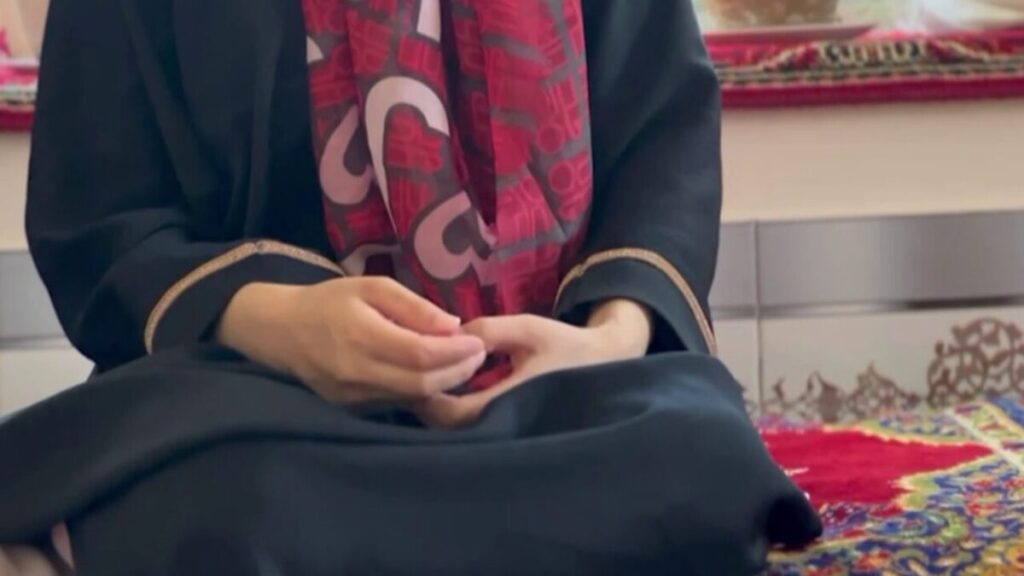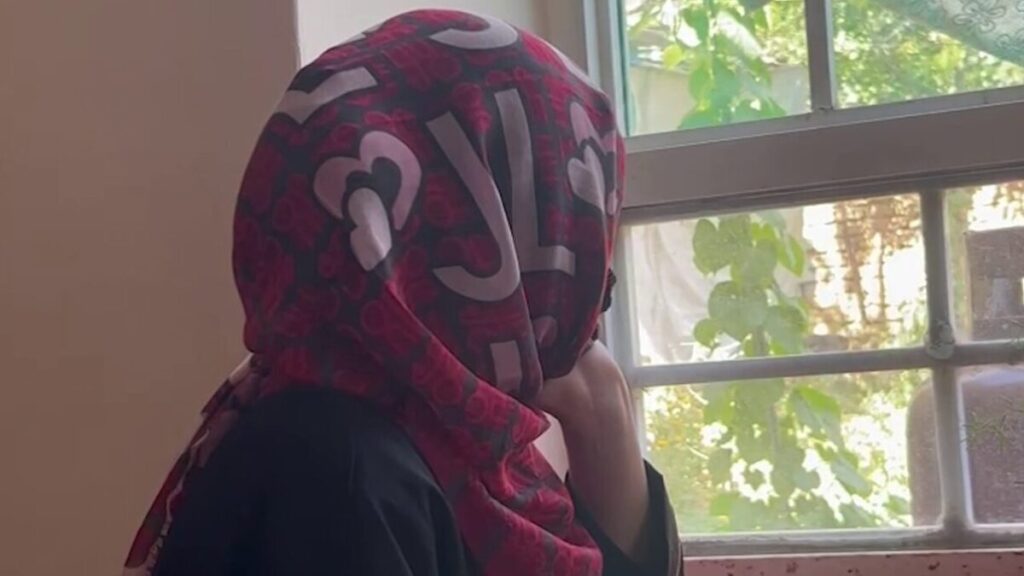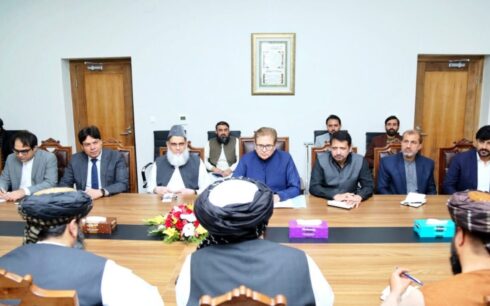The Taliban’s ban on education for girls above the sixth grade has led to a rise in forced marriages in Afghanistan, according to two students who say they have fallen victim to such practices.
Several female students have shared that since the schools closed, their families have compelled them into forced marriages, resulting in dire circumstances.
One case involves an 11-year-old student who was married off to a 65-year-old man. For security reasons, her name and photograph cannot be disclosed.
She was in seventh grade when the Taliban shut down the schools for girls. Eight months after the closure, she entered what she describes as the worst period of her life.
Deprived of her education, her father forced her into marriage in exchange for 700,000 Afghanis (10,000) to a man 51 years her senior.

She recounts her hardships: “When a wealthy suitor from Badghis came for me, my father, who was in debt, said he would give me for seven lakhs—five to settle his debts and two for household expenses since he was unemployed. He forced me to marry a man who already had a wife and took me to Qadis district in Badghis. There, my husband was very cruel and would beat me.”
She says that due to the beatings, she lost her four-month-old fetus. Now 14, she expresses her hatred for her elderly husband and shares that her shoulder has been broken from his abuse.
She told Amu: “If the schools hadn’t closed, we wouldn’t be this miserable. If there was no war in our country, the girls’ situation wouldn’t be this bad. My father wouldn’t have thought of selling me and ruining my life.”
Now living with her father, her husband is trying to take her back.

Psychologists note that the school closures have led to an increase in forced marriages, as many families prefer to marry off their daughters rather than keep them at home.
Adila Zamani, a psychologist, explains: “In Afghan society, when girls can’t go to school, families seek alternatives, and no alternative is more popular than marriage. Thus, the rate of forced marriages rises, and many girls are forced into marriages against their will to satisfy their families.”
Recently, Richard Bennett, the UN Human Rights Council’s special rapporteur for Afghanistan, reported that Afghan girls suffer from gender and age-based harm.
His report states that Afghan girls face numerous challenges, including lack of equal access to education and healthcare, increased risk of exploitation—including forced marriage, debt bondage, and trafficking.
Bennett emphasized that Afghan girls are not supported by their families against violence, nor do the Taliban address their issues.





